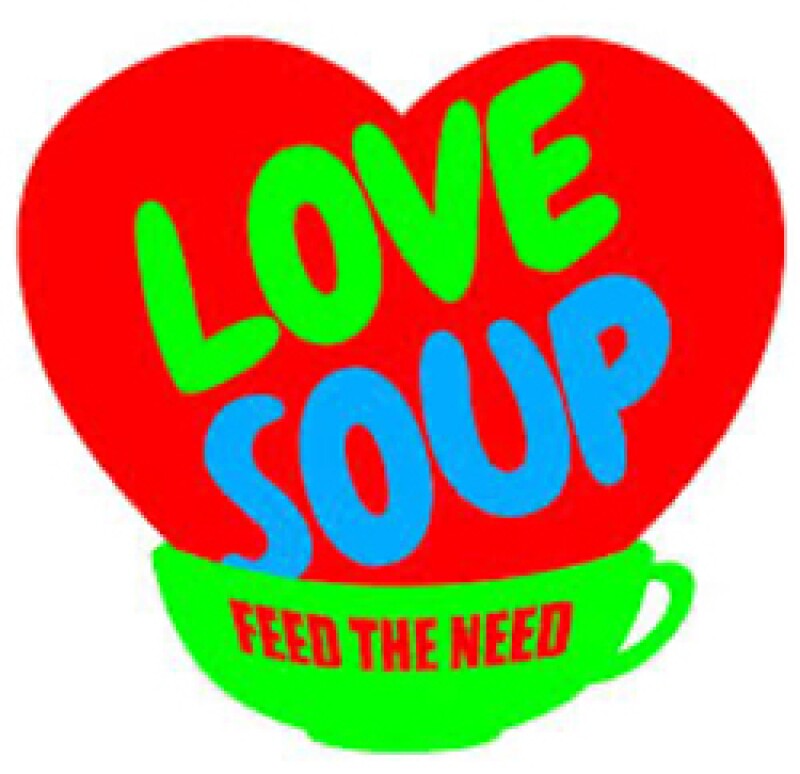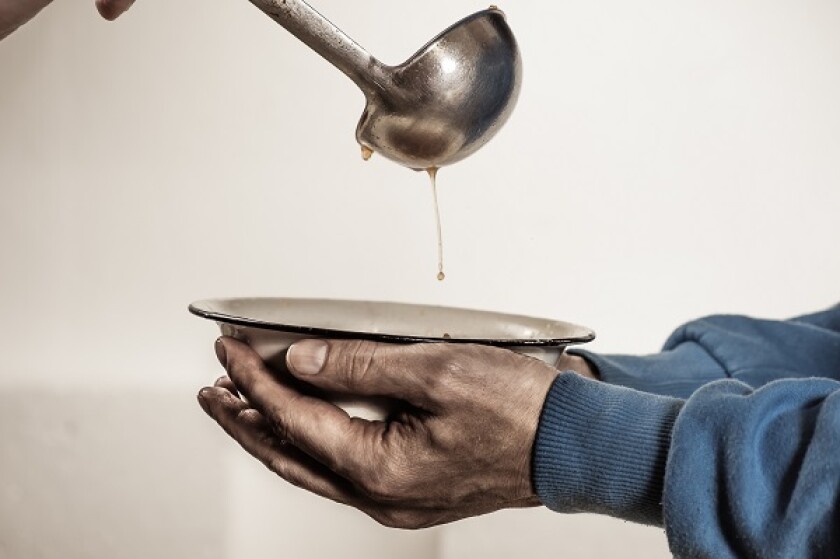What happens when a third party files a trademark application for your unregistered trademark?
The usual course of action is to oppose the trademark application on the grounds that the applicant is not entitled to be the owner of the mark and that use of the mark would be likely to deceive or cause confusion.
However, opposition proceedings can be costly and time-consuming, and are not always an attractive option for individuals, small businesses and non-profit organisations.
The recent decision by the Intellectual Property Office of New Zealand (IPONZ) concerning trademark application 1072697 (the Love Soup decision) illustrates what other options may be available to parties.
The Love Soup decision
The New Zealand charity Love Soup, founded by Julie King, provides food to people in need and operates under the unregistered "Love Soup" logo trademark:

In July 2017, Mia Nathan-Joyce, a third party, filed an application with IPONZ to register the Love Soup logo as a trademark covering "charitable fundraising services" in Class 36 (the third party application).
Julie King became aware of the third party application, and in November 2017 filed a new trademark application for the Love Soup logo. Together with the application, King submitted a statutory declaration and exhibits confirming she was the copyright owner of the trademark.
IPONZ asked Nathan-Joyce to confirm she was the copyright owner of the trademark in the third party application, but as the information she provided did not establish copyright ownership, IPONZ issued a notice of intention to reject the application.
At the verbal hearing that followed, the commissioner held that Nathan-Joyce had not established copyright ownership of the trademark, and had thus not discharged the onus of establishing, on a balance of probabilities, that the registration of Love Soup stylised and logo would not be contrary to law. The third party application was therefore refused.
Copyright objection
It is rare for a copyright objection to be raised at the trademark examination stage. However, if an examiner is doubtful that the applicant owns the copyright in a trademark, the applicant should be asked to clarify the issue.
In Build a Bear Workshop Inc, Miller J confirmed the onus is on the applicant to convince the commissioner that the trademark complies with the requirements of the act. Therefore, if the examiner has cause to doubt that the applicant owns the copyright in a trademark, and the applicant is not able to satisfy IPONZ it is the copyright owner, IPONZ will have grounds to refuse the application.
Key takeaways
So, what happens when a third party files a trademark application for your unregistered trademark?
The Love Soup decision indicates that a strategic option may be to file a new trademark application for your trademark, together with a statutory declaration establishing copyright ownership. The onus will then be on the third party applicant to convince IPONZ it is the copyright owner.
If the third party is not able to establish copyright ownership, it is possible that its application will be refused and your later filed application will proceed to acceptance. If the third party application does make it past the examination stage and the application is accepted, there would still be the opportunity to oppose the trademark on copyright grounds.
The Love Soup decision is an interesting example of the interplay between copyright and trademark law, and serves as a reminder that copyright ownership can have a powerful influence on the trademark registration process.











